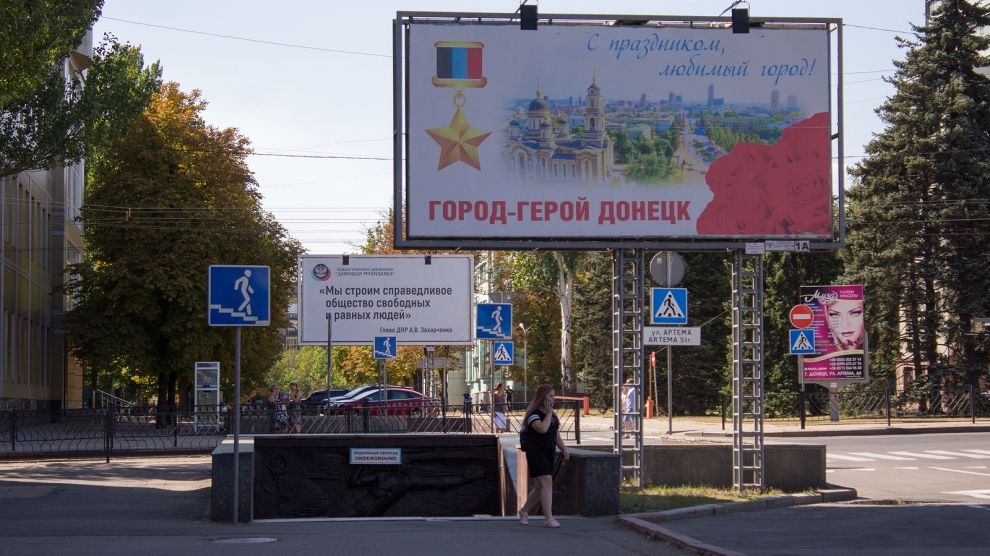The United Nations Development Programme (UNDP) in Ukraine has launched its second report on Justice and Security: Perspectives of Communities in Three Oblasts. The report aims to explore needs for obtaining security and accessing justice, and to measure the changes that have occurred since 2017.
The survey focused on six crucial aspects of security and justice in the three oblasts in Ukraine where the UN Recovery and Peacebuilding Programme is active, with a particular geographic focus on conflict-affected areas in Donetsk and Luhansk oblasts, as well as the control region of Zhytomyr.
According to Janthomas Hiemstra, UNDP country director, this assessment is expected to serve as an important tool in planning initiatives to bring justice and stability to the people of Ukraine.
The survey findings showed that the most pressing issues are poverty and unemployment along with corruption. These are followed by health issues, including alcoholism and drug abuse.
For the second year in a row, poverty and economic instability continue to be the drivers of perceptions of justice and security in Ukraine. More than half of respondents said they did not have enough money for clothes (in Luhansk Oblast 69.1 per cent; in Donetsk Oblast 61.1 per cent; and in Zhytomyr Oblast 56.5 per cent).
Women have stronger feelings of danger and greater concerns than men, particularly when it comes to feeling unsafe at night: only 38.2 per cent of women said they feel safe walking through their communities at night, while the figure for men was 63.4 per cent. Perceptions of security at home do not differ that much: 70.5 per cent of women and 83.5 per cent of men respectively feel safe at home at night.
People generally perceive justice sector institutions to be more effective than before. Over half stated they would get justice if they were victims of a crime, a substantial increase from last year.
However, despite overall positive scores for approachability of the police, prosecutors and courts, the respondents see these institutions as lacking in integrity and efficiency. The institutions most trusted by respondents are their local administrations.
There has been improvement in public awareness of legal service providers. The most notable rise occurred in Luhansk Oblast (where the level of awareness of legal aid offices doubled from 19 per cent to 38.5 per cent) and Donetsk Oblast (from 26 per cent to 39.9 per cent).
Nonetheless, the report finds that there is still room for improvement: with approximately two-thirds of the population unaware of the legal aid hotline, legal aid offices and the role of local administrations.






Add Comment